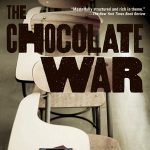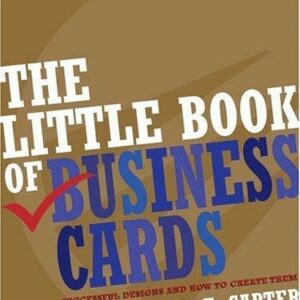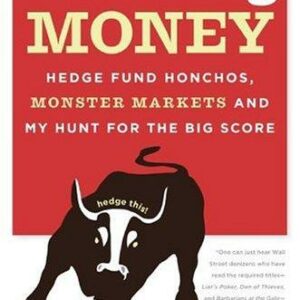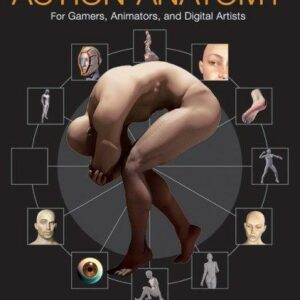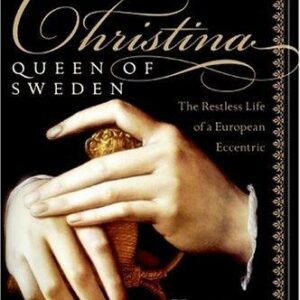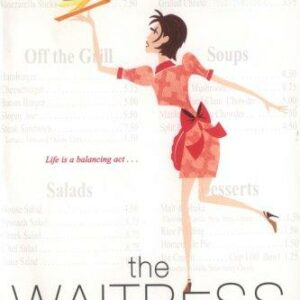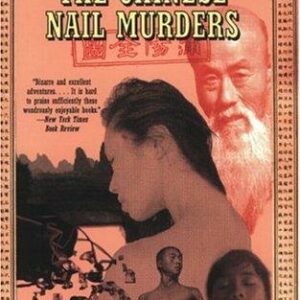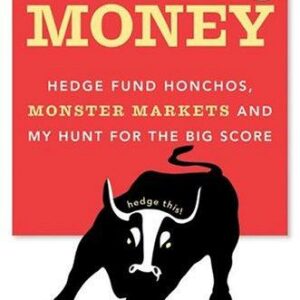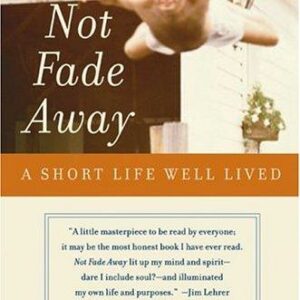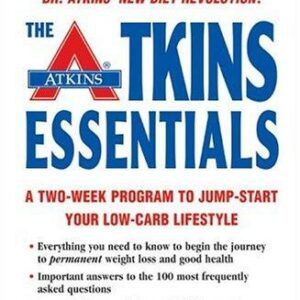The Chocolate War
$10.99
| Title | Range | Discount |
|---|---|---|
| Trade Discount | 5 + | 25% |
- Description
- Additional information
Description
by Robert Cormier
One of the most controversial YA novels of all time, The Chocolate War is a modern masterpiece that speaks to fans of S. E. Hinton’s The Outsiders and John Knowles’s A Separate Peace.
After suffering rejection from seven major publishers, The Chocolate War made its debut in 1974, and quickly became a bestselling—and provocative—classic for young adults. This chilling portrait of an all-boys prep school casts an unflinching eye on the pitfalls of conformity and corruption in our most elite cultural institutions.
“Masterfully structured and rich in theme; the action is well crafted, well timed, suspenseful.”—The New York Times Book Review
“The characterizations of all the boys are superb.”—School Library Journal, starred review
“Compellingly immediate. . . . Readers will respect the uncompromising ending.”—Kirkus Reviews, starred review
An ALA Best Book for Young Adults
A School Library Journal Best Book of the Year
A Kirkus Reviews Editor’s Choice
A New York Times Outstanding Book of the Year “The Chocolate War is masterfully structured and rich in theme; the action is well crafted, well timed, suspenseful; complex ideas develop and unfold with clarity.”-The New York Times Book Review“The characterizations of all the boys are superb… This novel [is] unique in its uncompromising portrait of human cruelty and conformity.”-School Library Journal, starred review
“The novel is cleverly written with a good sense of the realistic and a good ear for dialouge, qualities which will attract any reader.”-Bestsellers“Robert Cormier has written a brilliant novel.”-Children’s Book Revie Service Robert Cormier (1925-2000) changed the face of young adult literature over the course of his illustrious career. His many books include The Chocolate War, I Am the Cheese, Fade, Tenderness, After the First Death, Heroes, Frenchtown Summer, and The Rag and Bone Shop. In 1991 he received the Margaret A. Edwards Award, honoring his lifetime contribution to writing for teens. In Robert Cormier’s unforgettable novels, an individual often stands alone, fighting for what is right–or just to survive–against powerful, sinister, and sometimes evil people. His twisty, gripping stories explore some of the darker corners of the human psyche but always with a moral focus and a probing intelligence that compels readers to examine their own feelings and ethical beliefs. The questions that follow are intended to spur discussion and to provoke thoughtful readers to contemplate some of the issues of identity, character, emotion, and morality that make Cormier’s books so compelling.
Pre-Reading Activity
Tell students that Jerry Renault has a poster in his locker with the following quote from T. S. Eliot’s The Love Song of J. Alfred Prufrock: “Do I Dare Disturb the Universe?” Divide students into small groups and ask them to interpret the quote. What is their universe? Who controls their universe? What price does one pay when they elect to disturb the universe?
1. Jerry places a poster in his locker that says, “Do I Dare Disturb the Universe?” At first, he doesn’t understand the meaning of the poster; he just likes it. At what point in the novel does it appear that Jerry is beginning to get the meaning of the poster?
2. Contrast Jerry’s definition of “his universe” at the beginning and the end of the novel.
3. How does Jerry become a martyr by disturbing his universe?
4. Ralph Waldo Emerson wrote, “Do not follow where the path may lead. Go instead where there is no path and leave a trail.” Discuss how Jerry might interpret this quote. How does Emerson promote nonconformity and disturbing the universe? Debate whether Jerry leaves a trail at Trinity.
5. The Chocolate War is one of the most censored books in America. It is under perpetual attack because of Cormier’s “negative portrayal of human nature,” and because the ending appears hopeless. Discuss the objections to the book, and think about how Cormier “disturbed the universe” by writing the novel. Why do people fear a realistic portrayal of life? What is the relationship between looking at the “good and evils” of life to “disturbing the universe”?
6. How do gangs and secret societies like the Vigils use peer pressure to gain power and control?
7. What is the significance of the scene where Jerry encounters the hippies? Discuss how they make him question his place among his peers.
8. How is misinformation about the chocolate sale used to maintain peer pressure? Discuss how this tactic affects Goober, who quit selling the chocolates after 27 boxes.
9. Discuss the relationship between peer pressure and conformity.
10. Compare and contrast the peer pressure at Trinity with peer pressure in your own school. Brother Leon actually promotes peer pressure at Trinity. Discuss ways a school administrator should deal with peer pressure. What should students do if they feel they are the victims of extreme peer pressure?
11. Archie Costello, one of the leaders of the Vigils, doesn’t believe in violence. How does this make him different from the typical school bully? Which character in the novel best fits the typical school bully profile?
12. Discuss the difference between physical and psychological bullying. Which is more damaging?
13. How is Brother Leon a bully? Describe his quiet tactics, and his obsession with getting revenge on Jerry.
14. Why is Jerry Renault an easy target for bullies like the Vigils and Brother Leon? Why doesn’t Archie give “assignments” to most athletes?
15. Discuss why Jerry never explains the phone calls, the missing homework assignment, or the vandalism to his locker to his father.
16. Describe the power of the Vigils. How do they control the social order of the school? 17. Archie Costello is a legend at Trinity High School because he is the “Assigner” for the Vigils. How does this position give him power over the entire student body? How does Archie use manipulation to gain power? How is his power recognized and used by Brother Leon?
18. Brother Leon becomes drunk with power when he is named acting headmaster of Trinity. How is his desire for power in conflict with his training as a priest?
19. Discuss the relationship between power and corruption. How might Goober describe the corruption, or the evil, at Trinity High School?
20. How is Brother Leon’s corruption revealed?
21. How does the opening scene on the football field foreshadow Jerry’s courage?
22. Archie Costello is considered courageous and gutsy. Debate whether he is as courageous as he appears. Why does Archie fear that he may pick a black marble from the box? How might a black marble change his image and position among the Vigils?
23. Discuss how Goober deals with his fear. How might Goober describe Jerry’s courage?
24. How are the Vigils affected when Jerry doesn’t succumb to their fear tactics? Discuss how this leads to his ultimate downfall.
25. Discuss how Jerry might reflect upon his own courage at the end of the novel.
26. The first sentence of this book is “They murdered him.” In what ways does this small sentence apply to the book as a whole? Who is murdered, metaphorically, in the book? By whom?
27. There are no main female characters in this book, partly because Trinity is a boys’ school. Yet the Trinity boys often discuss girls. Jerry wishes he could talk to the girl near the bus stop. Janza watches girls as they walk by, and Archie won’t let anyone touch him except certain girls. What function(s) do you think girls play in the novel?
28. Why do you think Archie is repulsed by human sweat? What do you think this says about Archie as a person?
29. Archie’s greatest strength is in exploiting other people’s weaknesses. Why do you think Archie does this? Why do you think he needs to manipulate every situation?
30. Discuss the significance of the title. Why is it a chocolate “war”?
31. Why do you think Jerry decides not to sell the chocolates even after his assignment is over? Have you ever dared to “disturb the universe”? What happened?
32. How do you feel about how Brother Leon treated Bailey? At the end of the class Brother Leon says that the students had allowed him to turn the class into Nazi Germany. Do you think this is a true statement?
Additional information
| Dimensions | 1 × 6 × 8 in |
|---|


